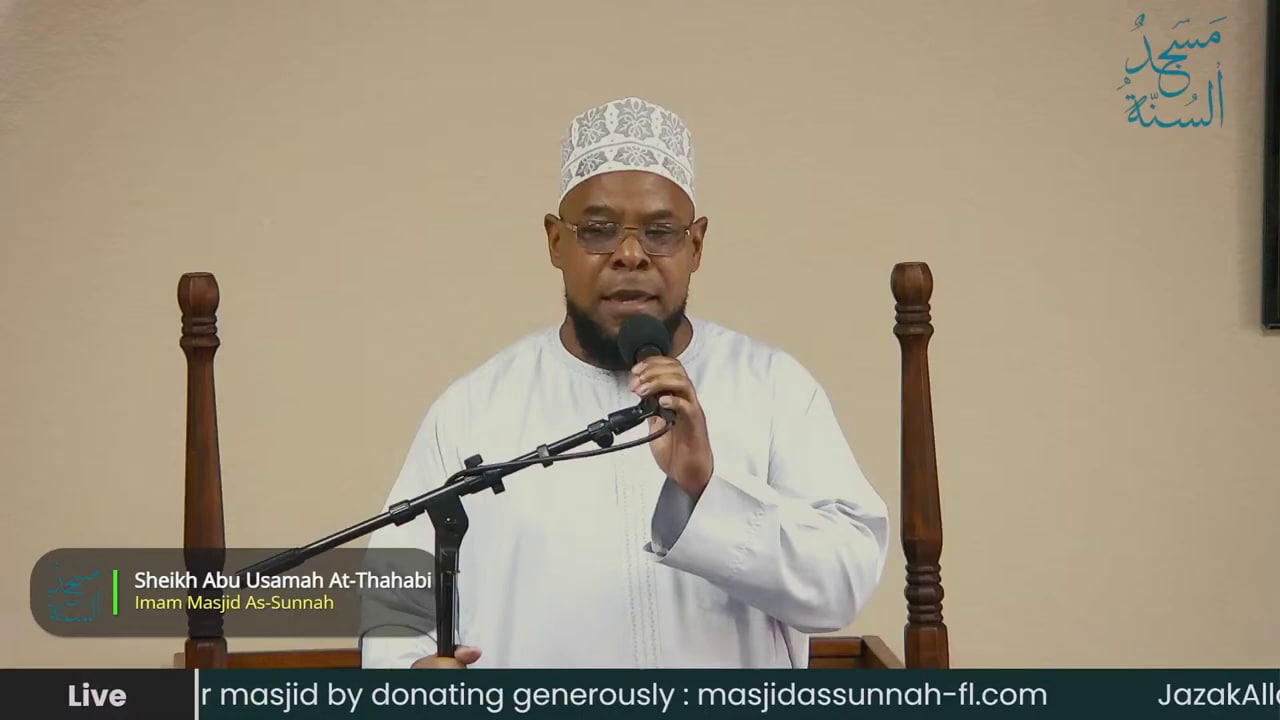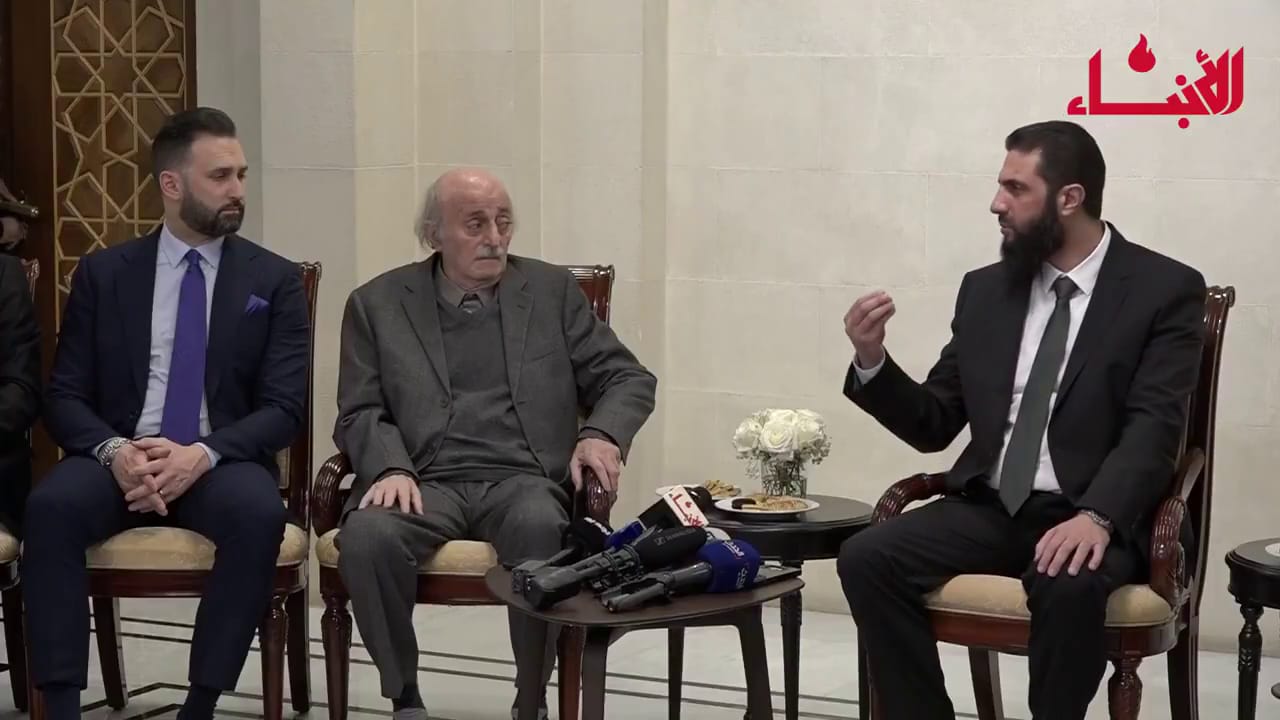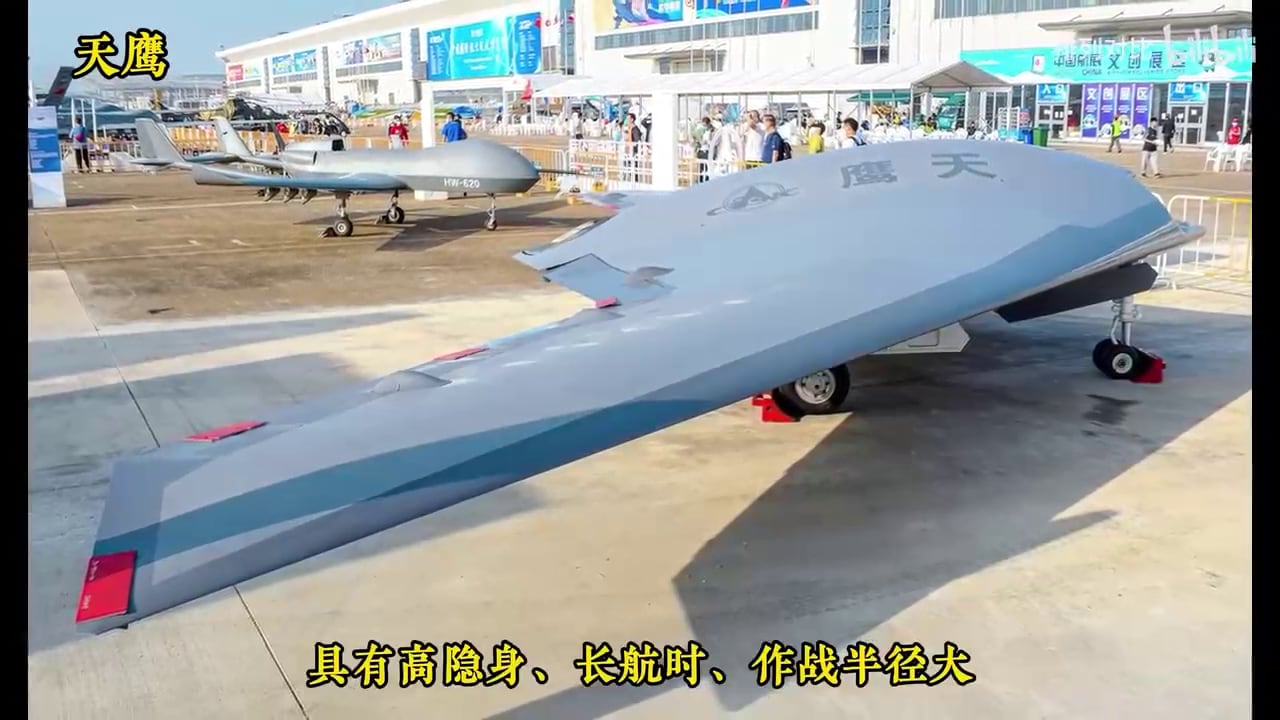
Mohammad-Reza Bahonar, a member of Iran's Expediency Council, said in an August 5, 2019 interview on Ofogh TV (Iran) that the JCPOA would not have been approved if Supreme Leader Khamenei had been opposed to it. He explained that nobody in the Iranian government can make a decision that contradicts Khamenei's decisions, and he said that any suggestion otherwise is "unfair" towards Khamenei and the regime. Similarly, he claimed that the recent meeting between Iranian FM Javad Zarif and U.S. Senator Rand Paul had not been kept secret from Khamenei. Bahonar went on to say that Iran has a strategy to destroy Israel, that Israel will not survive more than 25 years, and that Iran will leave the JCPOA only when it reaches the conclusion that the price outweighs the benefits. When the interviewer cited statements by Iran's oil minister that said that Iran had sold significantly more oil before the economic sanctions than it currently does, Bahonar disputed the figures, claiming that Iran's oil sales are much higher, and he suggested that the matter not be discussed on national television because the regime has new methods that should remain undisclosed.
Following are excerpts:
Mohammad-Reza Bahonar: Do you really think that in our country – and with our kind of regime – someone would be authorized to sign the JCPOA if there was any serious high-up objection?
Interviewer: I believe that the Leader of the Revolution [Khamenei] opposed the JCPOA more than anybody, based on what he said.
Mohammed-Reza Bahonar: And what happened? He was unable to prevent it?
Interviewer: He accepted the JCPOA with certain prerequisites.
Mohammed-Reza Bahonar: No. Let's not get into that discussion.
Interviewer: Why not?
Mohammed-Reza Bahonar: I'll tell you why. Do you think that the honorable Leader was opposed to the JCPOA, but that he was unable to stop it?
Interviewer: Let me quote the Leader word for word: "I am not optimistic about these negotiations."
Mohammed-Reza Bahonar: I'm asking you.
Interviewer: And I'm quoting the Leader. After all, I cannot attribute my positions to the Leader.
Mohammed-Reza Bahonar: Do you think that, in this country, when the Leader makes a certain decision, anyone can do the opposite? Surely, you are wrong…
Interviewer: But the Leader of the Revolution said so himself.
Mohammed-Reza Bahonar: Look, there is a big difference between not being completely satisfied with something and objecting to it.
[…]
Right now, the honorable Leader is saying clearly: We refuse to negotiate with America. It is not to our benefit.
Interviewer: But our Foreign Minister secretly met with a U.S. senator, and this was later published.
Mohammed-Reza Bahonar: He didn't meet with him secretly.
Interviewer: [Zarif] said so himself.
Mohammed-Reza Bahonar: No, this wasn't so.
Interviewer: I'm telling you that it was.
Mohammed-Reza Bahonar: What do you mean when you say "secretly"? Was it kept secret from the regime or from the public? Saying that it was kept secret from the regime is unfair to the Leader.
Interviewer: It was decided that the Majles would examine whether or not it was to be kept secret from the regime.
Mohammed-Reza Bahonar: This is unfair towards the regime. With the grace of Allah, the regime is strong enough.
[…]
I was talking to a friend once, and I said: "How come we are not allowed to raze Israel to the ground with our missiles and put an end to all this?" I explained that these discussions have nothing to do with me or you. The regime has a strategy. Allah willing, it will be like the Leader said. I believe this wholeheartedly. The Zionist regime cannot survive for more than another 25 years. However, this does not mean that we will hit it with missiles tomorrow and destroy everything.
[…]
We will only leave the JCPOA when we reach the conclusion that its price outweighs its benefits. Since we are not at that point, we are not leaving it. When we reach that point, the regime will definitely decide to withdraw from the JCPOA.
[…]
The global unity against us does not exist anymore.
Interviewer: Was that the goal of the JCPOA when we signed it?
Mohammed-Reza Bahonar: Yes. There was a time when the government used to say that the [UNSC] resolutions are meaningless pieces of paper, and that they might as well issue 5, 7, 8, or 10 resolutions against us. In the previous round of sanctions, they also tried to bring our oil sales to zero. Back then, we were selling at least 500,000 – 600,000 barrels a day. Today, we have better methods, but we'd better not say on national TV how much we are selling.
Interviewer: What you are saying completely contradicts what our officials say. Before the JCPOA, we sold more oil.
Mohammed-Reza Bahonar: No. Before the JCPOA?
Interviewer: The senior officials in this government… They say that prior to the JCPOA…
Mohammed-Reza Bahonar: Which JCPOA?
Interviewer: What do you mean which? How many JCPOAs do we have? I'm talking about the JCPOA.
Mohammed-Reza Bahonar: No. What I'm saying is that prior to the JCPOA…
Interviewer: Before the JCPOA, in 2013, according to an open letter by [Oil Minister] Zangeneh to one of the members of the Supreme National Security Committee, we were selling 1-1.5 million barrels per day.
Mohammed-Reza Bahonar: Before what?
Interviewer: Before the JCPOA.
Mohammed-Reza Bahonar: You mean when there were sanctions?
Interviewer: Yes. I quote Zangeneh's letter. He said…
Mohammed-Reza Bahonar: Well, then you are privy to documents that I don't get to see.
Interviewer: Mr. Zangeneh said that we used to sell a certain amount of oil, and officials are now saying that we are selling less. What kind of consensus and unity is this if we have to sell less oil?
Mohammed-Reza Bahonar: The graph curve of their sanctions on our oil sales… They wanted to bring our oil sales down to zero. We always pray that our Leader… He is in charge and he gives the instructions. Many times he said that he wished that we would get to the point where we don't have to sell even a single barrel of oil. This is a very good opportunity. But you say that the situation would have been much better without the JCPOA. Well, you should let your listeners decide.
Interviewer: I am relying on Mr. Zangeneh. I've never sold oil in this country.
Mohammed-Reza Bahonar: You did not understand him correctly. Perhaps you are wrong about the location of the decimal point in some figures…
Interviewer: No, sir. What you are saying is not simple… What do you mean by saying that I misplaced the decimal point? I've read that Mr. Zangeneh says that we sold 1-1.5 million barrels…
Mohammed-Reza Bahonar: Mr. Zangeneh says a lot of things…
Interviewer: Vaezi [the Head of the President's Office] has corroborated this.
Mohammed-Reza Bahonar: Don't do this on national TV.
Interviewer: Don't do what?
Mohammed-Reza Bahonar: You are saying something… Mr. Zangeneh has said a lot of things.
[…]
I'd like to say one sentence and, with your permission, we will end with that. Today, if, if, if… Even if we are selling two million barrels per day, we should definitely not disclose this. You see what I'm saying? So don't continue with this on national TV.














